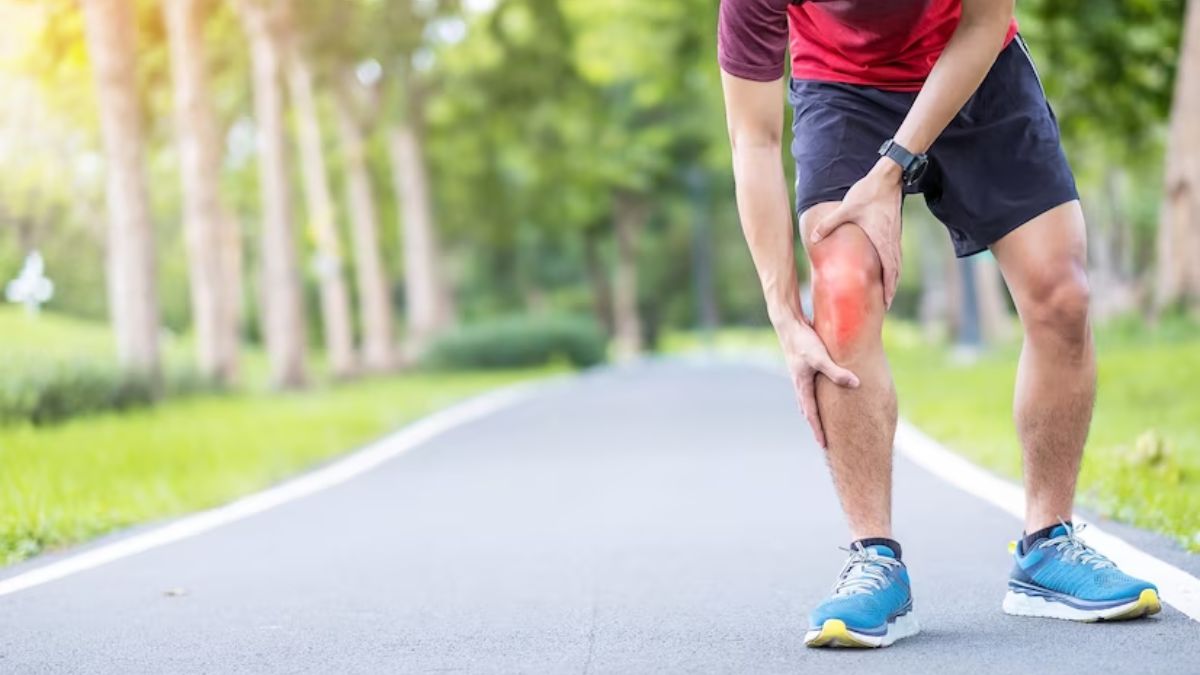
In 2019, about 528 million people worldwide were diagnosed with Osteoarthritis (OA); an increase of 113% since 1990. As life expectancy is improving worldwide, the population is currently feeling weak at the knee. About 73% of people living with OA are older than 55 years, and 60% are female.
With a prevalence of 365 million, the knee is the most frequently affected joint, followed by the hip and the hand (Long H et al, 2022).
As the burden of OA knee is rising significantly, the incidences of knee arthritis among Indians is believed to be up to 15 times higher than that found in Western nations. More than 150 million Indians suffer from knee problems, out of which forty million need a total knee replacement (TKR), imposing a huge health burden on the society and country. In contrast, China has 65 million people who suffer from OA knee, which is less than half the number in India. The prevalence of OA knee is more in Indian women than men due to post menopausal issues (Thati 2021).
There is a strong belief that arthritis can affect runners knee, and it is believed that running is a primary cause of arthritis. This article focuses on OA knee and effects of running with the recent evidence available to date.
American College of Sports Medicine (ACSM) currently recommends that healthy adults aged 18 to 65 need to participate in 150 minutes of moderate intensity aerobic physical activity five days a week or vigorous intensity aerobic activity for a minimum of 20 minutes on three days per week. Running is a great form of cardiovascular exercise that helps achieve the goals to stay fit.
There is a significant perception in our community including health practitioners that running can cause irreversible damage and degeneration of knee, accelerating early onset of OA. In addition, patients with OA knee are advised to refrain from running.
The following are few important questions and thoughts from patients that health practitioners come across regarding running:
However, this is not completely true. On the contrary to answer these questions, mounting evidence which are investigating similar queries for decades have come closer to understanding the issue. Few of the key evidence suggests the following:
In conclusion, there is moderate to low evidence that suggests running is a safe sport that can be added into your daily activity. There is greater benefit in running which outweighs potential harm. In addition, it does not show any considerable risk of degeneration and injuries to the knee.
This is a call for physiotherapists to bear the responsibility in guiding the client through the stages to accomplish the objective. To develop a specific rehab plan is critical in effectively managing the OA knee. This can be attained only through thorough assessment of the client and addressing specific issues which is the key factor in achieving the desired goal. The sound knowledge of specific strength & conditioning principles is very important.
Failure in improper assessment, Management and lack of knowledge will result in clients receiving generalized, underdosed and non specific exercise program that does not improve their symptoms. In contrast, it can lead to detrimental effects on a knee.
At M7 Lifestyle & Wellness, we take a comprehensive, evidence-based approach to OA knee management:
📍 Visit us at M7LW, Anna Nagar, Chennai, or reach out to schedule an appointment with Bharath Mark for comprehensive OA knee assessment and management.
Bharath Mark
Lifestyle Medicine Advocate (Harvard Medical School, Boston)
MS Manual & Sports Physiotherapist (Adelaide)
MHSc Exercise Prescription, Hand injury & Biomechanics Specialist (Sydney)
B Physio
Categories: Knee Osteoarthritis, Exercise Prescription, Evidence-Based Practice
Tags: #kneearthritis, #running, #osteoarthritis, #kneepain, #exercise
Phone: +91 8148 66 5479
Email: m7physiocentre@gmail.com
Address: Anna Nagar, Chennai
Hours: Mon-Sat: 9:00 AM - 7:00 PM